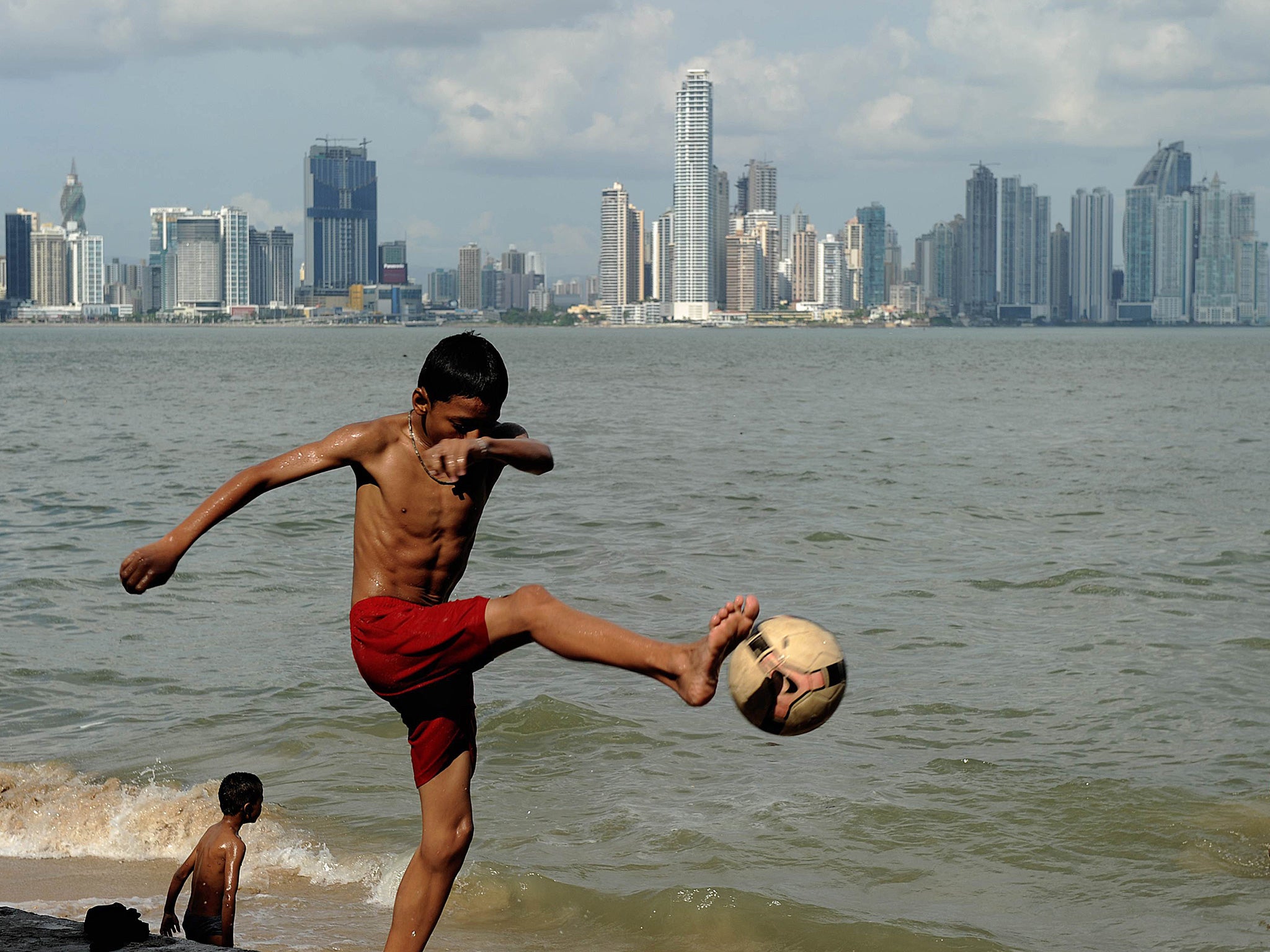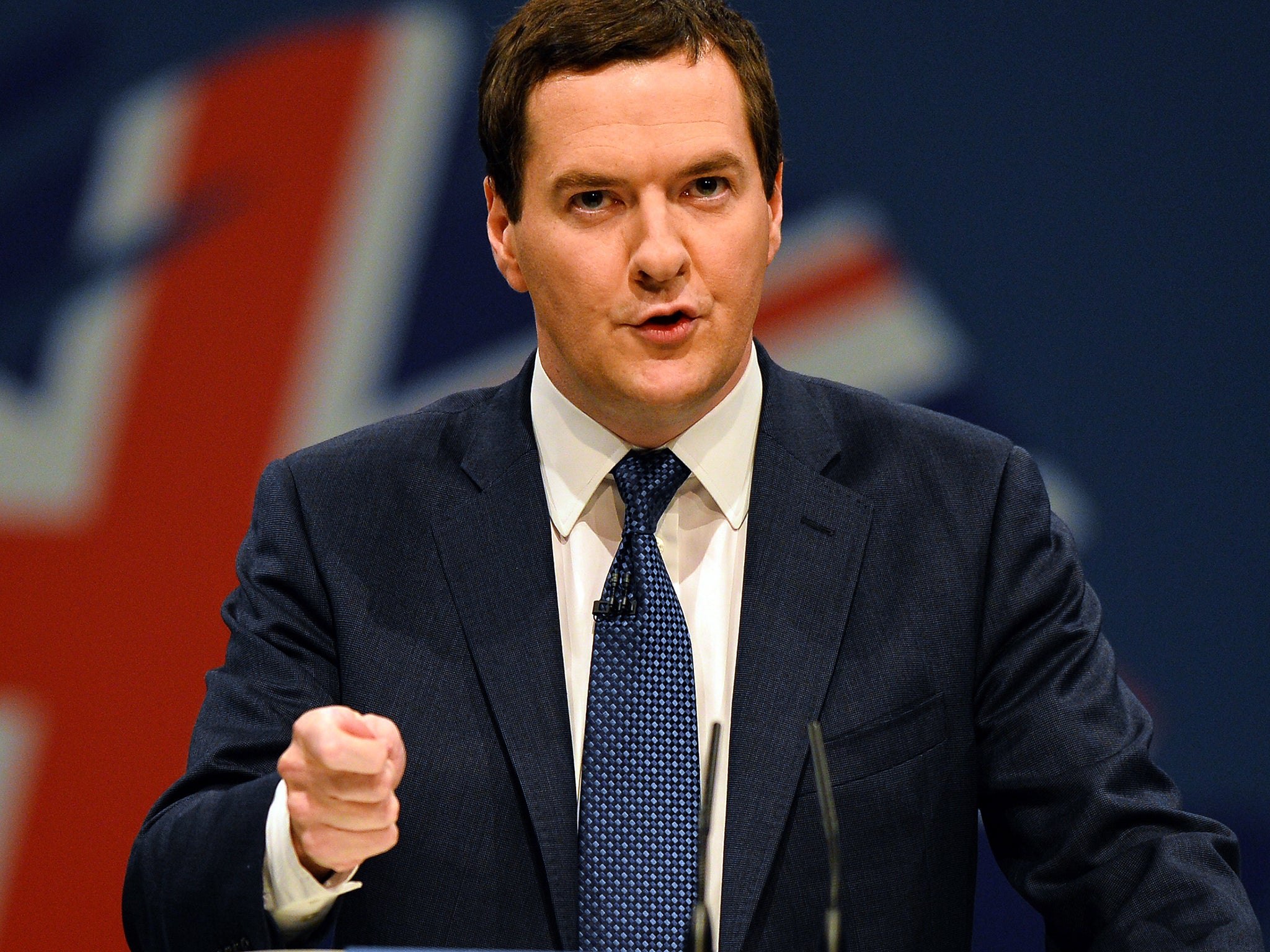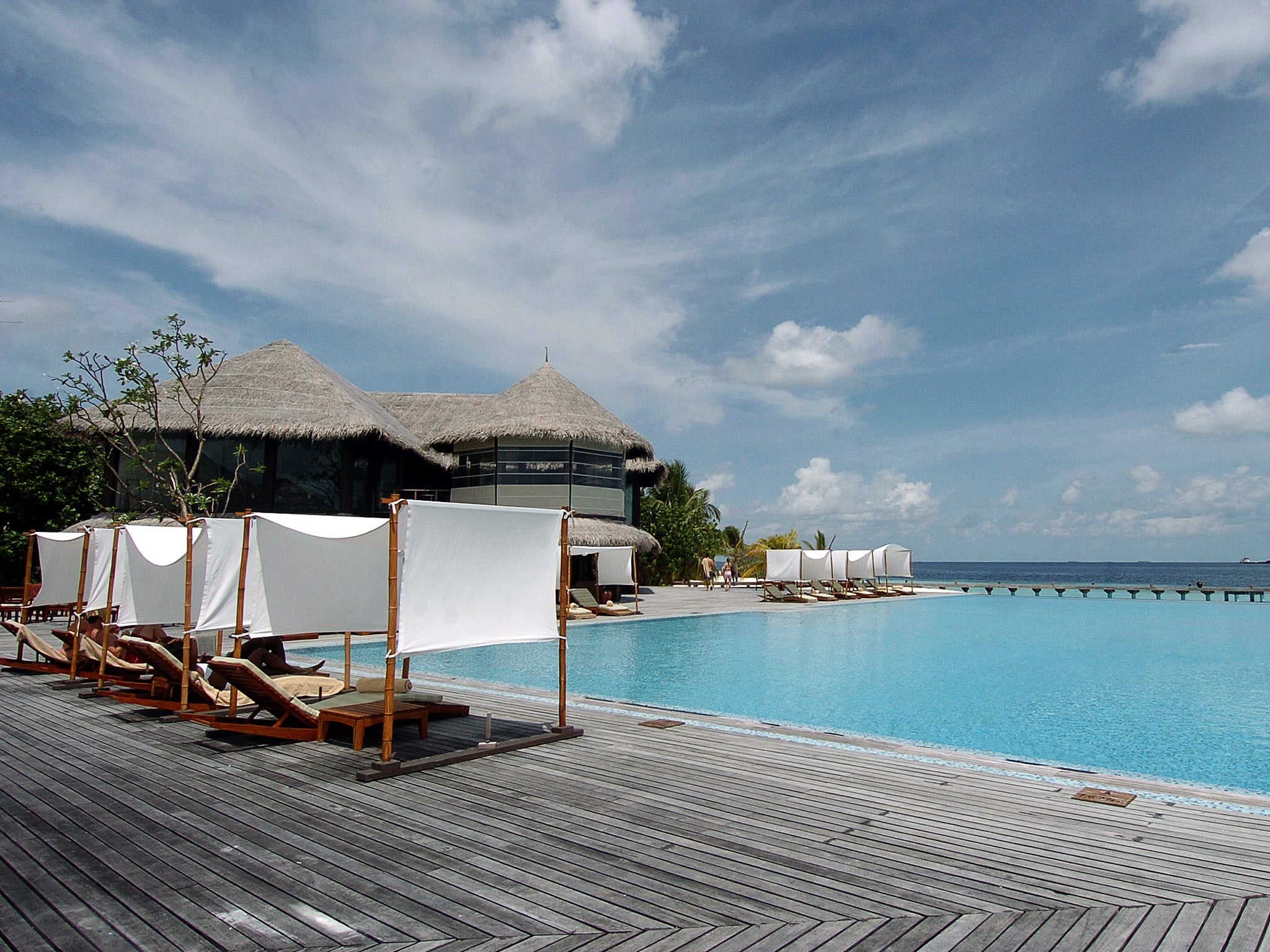Your support helps us to tell the story
From reproductive rights to climate change to Big Tech, The Independent is on the ground when the story is developing. Whether it's investigating the financials of Elon Musk's pro-Trump PAC or producing our latest documentary, 'The A Word', which shines a light on the American women fighting for reproductive rights, we know how important it is to parse out the facts from the messaging.
At such a critical moment in US history, we need reporters on the ground. Your donation allows us to keep sending journalists to speak to both sides of the story.
The Independent is trusted by Americans across the entire political spectrum. And unlike many other quality news outlets, we choose not to lock Americans out of our reporting and analysis with paywalls. We believe quality journalism should be available to everyone, paid for by those who can afford it.
Your support makes all the difference.Millions of pounds in British aid money is being used to subsidise public services in overseas tax havens, The Independent can reveal.
Tax havens including Belize, Anguilla, and Panama have such high poverty levels that they qualify for substantial UK development grants, an investigation by this newspaper has found.
In just one year, Britain paid out £45m a year in development aid to 13 countries included on a tax haven “blacklist” drawn up by the European Commission.
This is despite estimates from campaigners that the abuse of such offshore havens costs the UK Treasury around £18bn a year.
Although huge international capital flows are routed through global tax havens, many still rely on payments from other countries to fund services and infrastructure services because their tax systems collect so little.
UK aid funds have been directed to build an airport in Montserrat, and funds have been set aside to pay for roads and ports in Belize, Antigua & Barbuda, and St Vincent & the Grenadines.

Over £1.8m has been sent to Anguilla, which has no income tax, capital gains tax, or corporation tax and is described by accountants Deloitte as a “zero-tax jurisdiction”. Ministers say British aid to the 17,000-person Caribbean nation is being used to fund training in, amongst other things, financial services.
John Christensen, director of the Tax Justice Network, described the situation as “incoherent” and warned that the countries’ tax policies were being pursued at the expense of their own local populations.
Donor countries need to pay far more attention to whether aid-recipient countries are making sufficient effort to tax their wealthy citizens
“This issue goes straight to the heart of the tax justice agenda; there is an obvious lack of policy coherence when development assistance is being provided to countries that deliberately choose to set low or zero tax rates on corporate profits, or offer hugely expensive tax exemptions but can’t afford to provide even basic public services like health, security and education to their citizens,” he told the Independent.
“Donor countries need to pay far more attention to whether aid-recipient countries are making sufficient effort to tax their wealthy citizens and tackle corporate tax avoidance. Tackling tax dodging is an important step towards reducing reliance on aid and external debt.”
Chancellor George Osborne has repeatedly vowed to crack down on overseas tax havens, setting down new penalties for firms and individuals which artificially shift wealth offshore. At the same time, the Government has earned praise from development campaigners and criticism from right-wing critics for committing to spend 0.7% of the UK’s gross national income (GNI) on aid every year.
Other countries judged to be acting as tax havens by the EC include Liberia, one of the poorest countries in the world – where the UK has stepped in to assist with the funding of vital health services.
The countries’ status as tax havens is particularly counterproductive because aid-recipient countries are often the targets of tax avoidance themselves. In 2008 the charity Christian Aid estimated that developing countries were missing out on £104bn in unpaid taxes – more than one and a half times the entire combined overseas aid budget of developed countries at that time.

The 13 countries are all included on a list of “non-cooperative jurisdictions” drawn up by the EC over the summer. Inclusion on this tax haven blacklist requires a country to be listed on the national blacklist of 10 or more EU member states.
The UK has signed deals with some of the listed countries to ensure that full rates of tax are paid, but the European Commission still regards them as tax havens because of their treatment of other countries.
The listed countries who receive aid are Anguilla, Antigua and Barbuda, Belize, Grenada, Liberia, Maldives, Marshall Islands, Mauritius, Montserrat, Panama, Seychelles, St. Vincent & Grenadines, and Vanuatu.
The £45m total relates to 2013 - the most recent year for which figures are available.
Aid was directed to Montserrat, Liberia and Vanuatu by the Department for International Development, and to the other countries by other publicly-funded official British Government agencies. Although the doning agencies are not broken down in the official figures, they are thought to include the Foreign and Commonwealth Office, the Department of Energy and Climate Change, the Treasury and the Treasury and the Department for Environment, Food & Rural Affairs.
£45m
Paid by the UK to blacklisted tax havens in 2013
A 2011 study by the civil service trade union PCS, Tax Justice Network, and War on Want, found that the abuse of tax havens cost the UK treasury £18bn a year.
The report noted that such havens do not necessarily have low headline rates of tax – but instead often have rules that allow profits to be hidden.
A spokesperson for the Department for International Development said countries where its aid was directed tended to be very poor. She also said the UK has an international obligation to assist economic development in British Overseas Territories, which include Montserrat.

Join our commenting forum
Join thought-provoking conversations, follow other Independent readers and see their replies
Comments